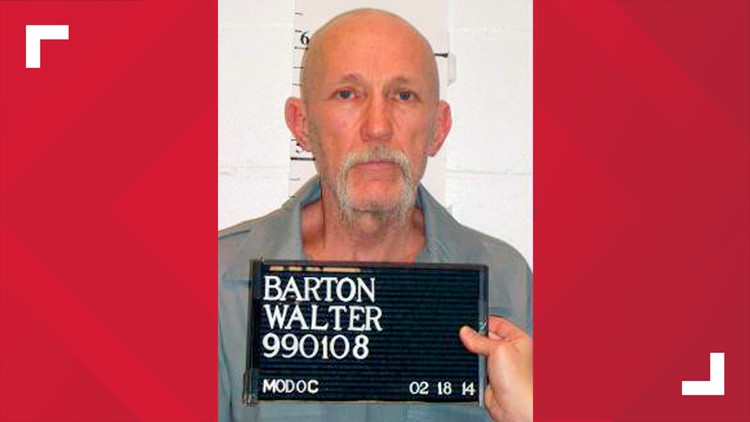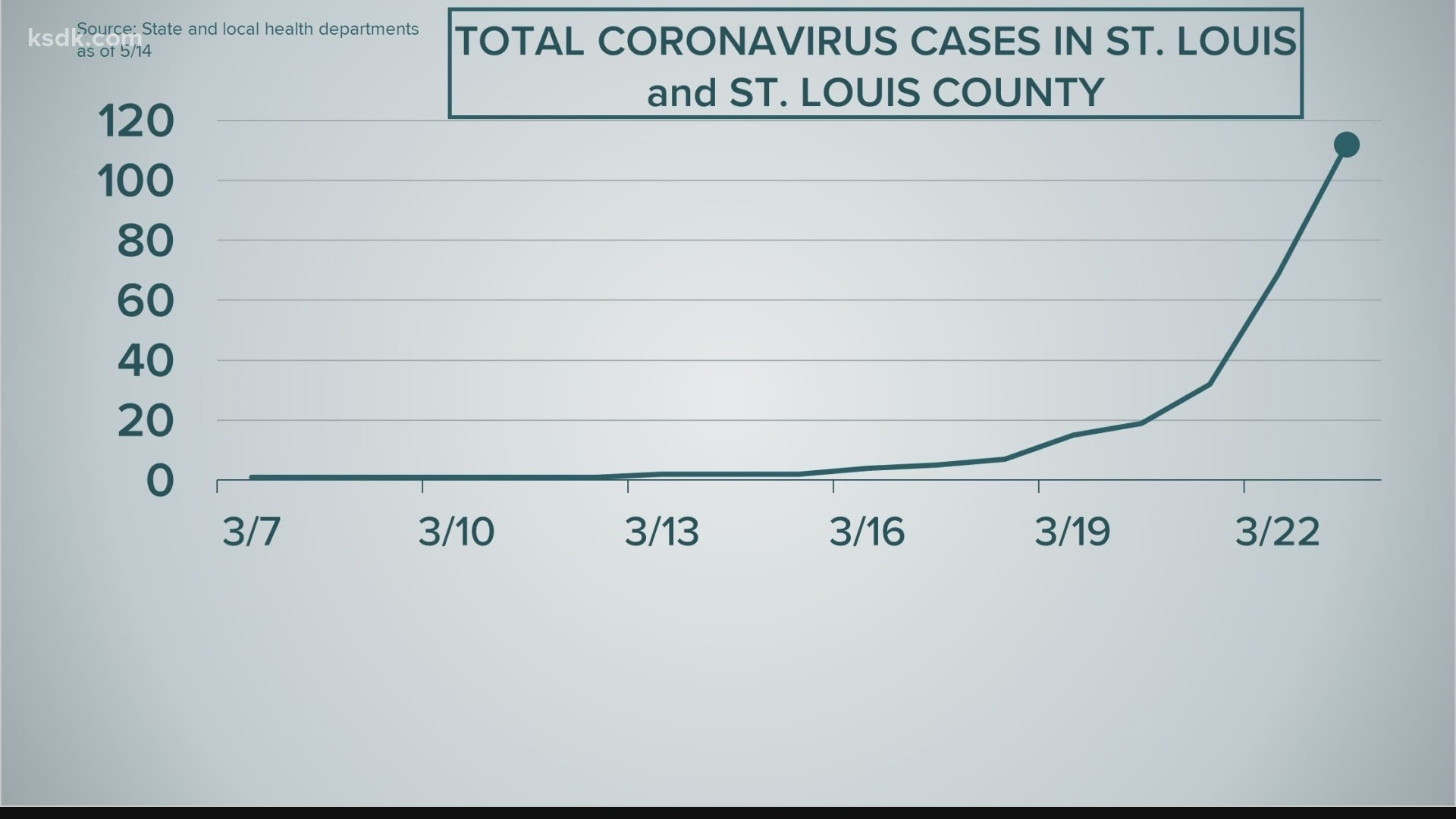LIBERTY, Mo. — A Missouri inmate scheduled to be executed next week was given a 30-day reprieve Friday when a federal court said it needed more time to consider issues raised by the man's attorneys.
Walter Barton, 64, was scheduled to die by injection Tuesday in the killing of 81-year-old trailer park operator Gladys Kuehler in 1991. She was beaten, sexually assaulted and stabbed more than 50 times in Ozark, near Springfield.
Barton's attorneys filed a motion May 4 raising concerns about evidence used to convict Barton, particularly blood splatter found at the scene. They said Barton couldn't be executed because he suffered a brain injury as a teenager and was therefore incompetent.
The Western District Court of Missouri said in its order Friday that the 15 days between the May 4 filing and Barton's scheduled execution was not long enough to consider all the issues raised by the petition.
The order said the court must assess whether Barton was likely to succeed in his petition and, if it can't dismiss the petition on its merits before the execution, “must issue a stay to prevent the case from becoming moot.”
Barton's attorney, Fred Duchardt Jr., said this week that three jurors involved in Barton’s 2006 trial now express misgivings, based on new blood spatter evidence.
A blood spatter expert hired by the defense found the assailant would have had far more blood on his clothing than was found on Barton's clothing. Duchardt said three jurors recently signed affidavits saying the new evidence would have affected their deliberations. The jury foreman said, based on the evidence, he would have been “uncomfortable” recommending the death penalty, Duchardt said.
The NAACP and Missourians for Alternatives to the Death Penalty submitted more than 5,000 petition signatures Wednesday to Republican Gov. Mike Parson, urging him to grant clemency to Barton.
The execution would have been the first in the U.S. since March 5. Other states have postponed executions after defense attorneys argued the coronavirus pandemic had made it more difficult to conduct thorough investigations. Duchardt said his investigation had been hampered by having courthouses closed. The court's order did not address those concerns.
OTHER STORIES




